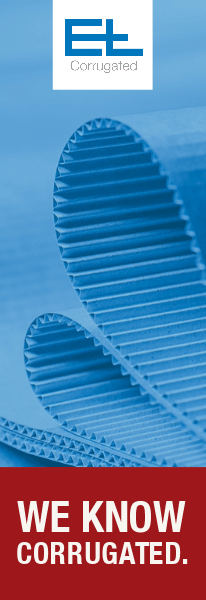HEIDELBERG has released preliminary figures for the financial year 2023/2024, with which the company has achieved its own forecast.
Despite challenging economic and geopolitical conditions as well as cost pressure on materials, energy and personnel, Heidelberg says it succeeded in keeping sales stable at around €2.4 bn (previous year: €2.435 bn) and the adjusted EBITDA margin at 7.2%. The company also reported that Free cash flow reached around €50m, whereby no special items, such as from the sale of non-operating assets, were included in the reporting year. These figures underline the successful implementation of the value creation program, which has further improved the company’s financial resilience.
Ludwin Monz, CEO, says, “We were able to achieve our financial year targets in a difficult economic environment. Heidelberg’s financial performance was solid. Our value creation program is an important building block in positioning the company for the future.”
As part of the value creation program, Heidelberg has identified more than 250 measures to increase productivity and strengthen the financial base, which are being implemented on an ongoing basis. In the 2023/2024 financial year, the measures initiated at an early stage successfully compensated for the considerable negative impact on earnings from declining production volumes and rising costs. Measures to specifically optimise net working capital also had a positive impact on free cash flow.
Tania von der Goltz, CFO, adds, “The resilient development of profitability and free cash flow are proof of our financial discipline and our ability to deliver reliable results even in a difficult environment. In a financial year that was characterised by a decline in orders across the industry, we achieved our targets and met our forecasts thanks to the value creation program we initiated at an early stage.”
Incoming orders were also solid in the past financial year. Although this was around 6% down on the previous year, it developed better than the industry average thanks to the company’s market position. After a weaker third quarter (€508m), the situation improved significantly in the fourth quarter with incoming orders of just under €600m. This positive development was driven by strong business in Asia, particularly in China.



